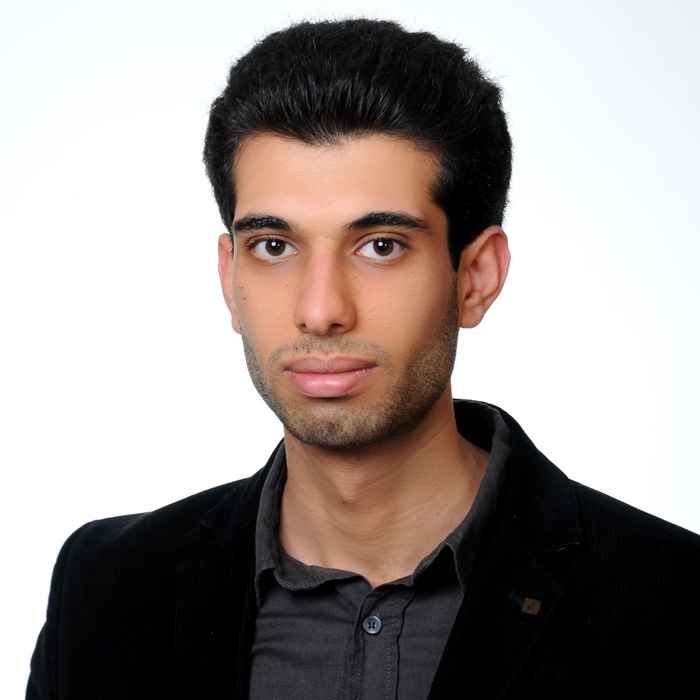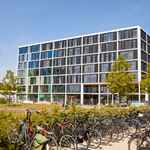Data Science seminar: Scalable Knowledge Discovery from Tabular Data
- Date
- 11 November 2025
- Time
- 13:00 -14:00
- Location
- LAB42 - Science Park 900
- Room
- L1.10, Lab42
About the seminar
Discovering patterns from data in human-understandable forms is a valuable task for both knowledge discovery and interpretable inference. A prominent method is Association Rule Mining (ARM), which identifies patterns in the form of logical rules describing relationships between data attributes. For example, in a table of patient records, ARM might reveal that high values in one column (e.g., white blood cell count) often co-occur with particular entries in another column (e.g., infection status). Popular ARM methods, however, rely on algorithmic or optimization-based solutions that struggle to scale to high-dimensional datasets (i.e., tables with many columns) without effective search space reduction.
This talk introduces Aerial+, a novel ARM method that leverages neural networks’ ability to handle high-dimensional data to learn a concise set of prominent patterns from tabular datasets. Aerial+ has been evaluated on both digital twin datasets (sensor data enriched with semantics) and on generic tabular datasets, demonstrating its versatility across domains.
In addition, Aerial+ can incorporate prior knowledge to enhance discovery: either from knowledge graphs (structured semantic information about a domain) or from tabular foundation models, large pre-trained neural networks that capture table semantics and support diverse downstream tasks.
Finally, Aerial+ is accessible to researchers from any field via a simple Python interface that runs in just two lines of code. The talk will cover both the foundations of ARM and a hands-on tutorial with Aerial+.
Registration
The seminar is free and everyone from all disciplines and faculties is welcome to attend. Register now to secure your place!

About the speaker
Erkan Karabulut is a doctoral researcher at INDElab, University of Amsterdam, advised by Dr. Victoria Degeler and Prof. Dr. Paul Groth. His research focuses on interpretable decision-making through Neurosymbolic knowledge discovery and inference, applied to Digital Twins and tabular datasets.
Erkan holds an MSc in Computer Science from TU Munich and a BSc in Computer Engineering from Yildiz Technical University, Istanbul. Previously, he was a research assistant at fortiss and worked as a software engineer and consultant.
